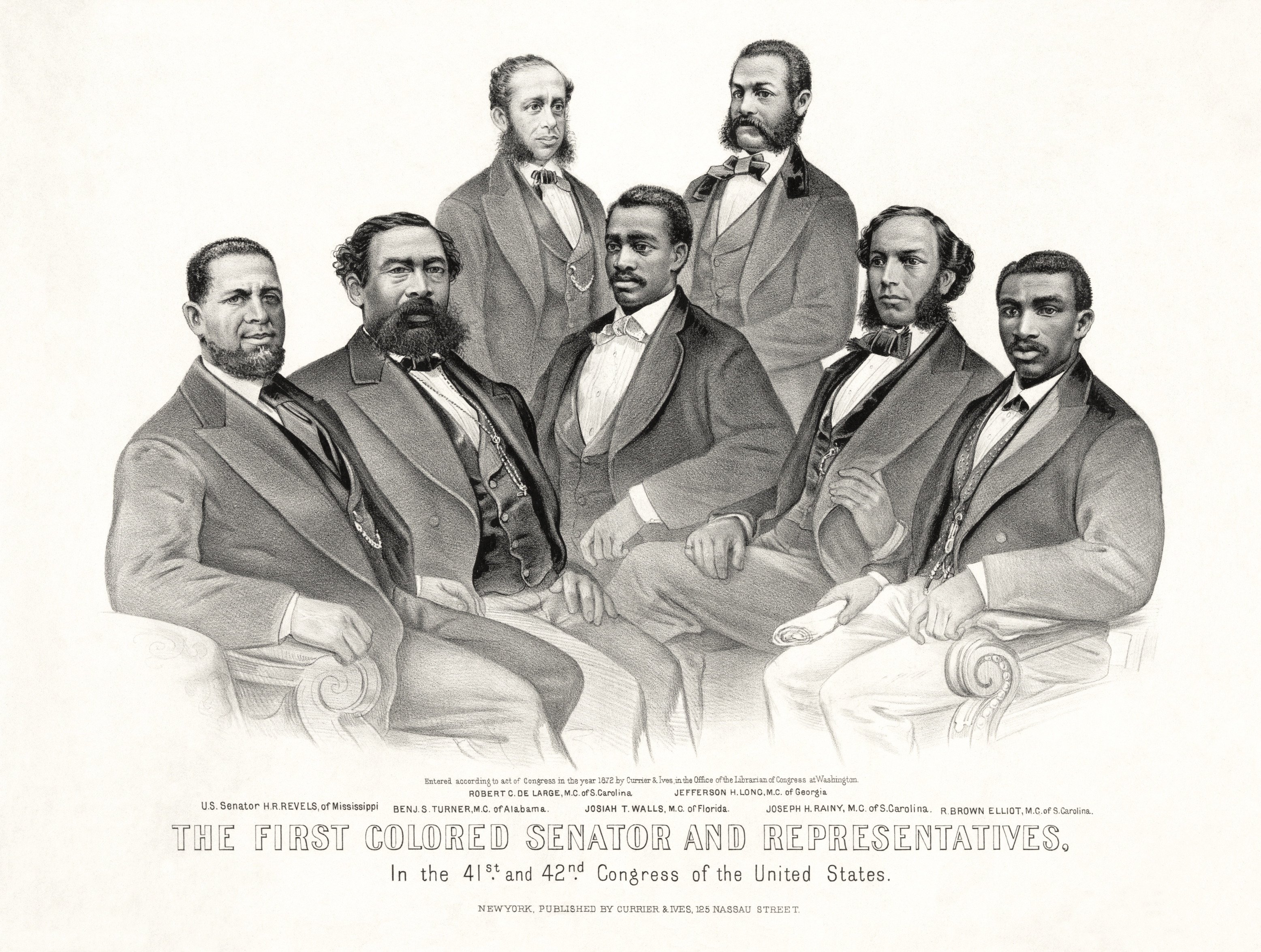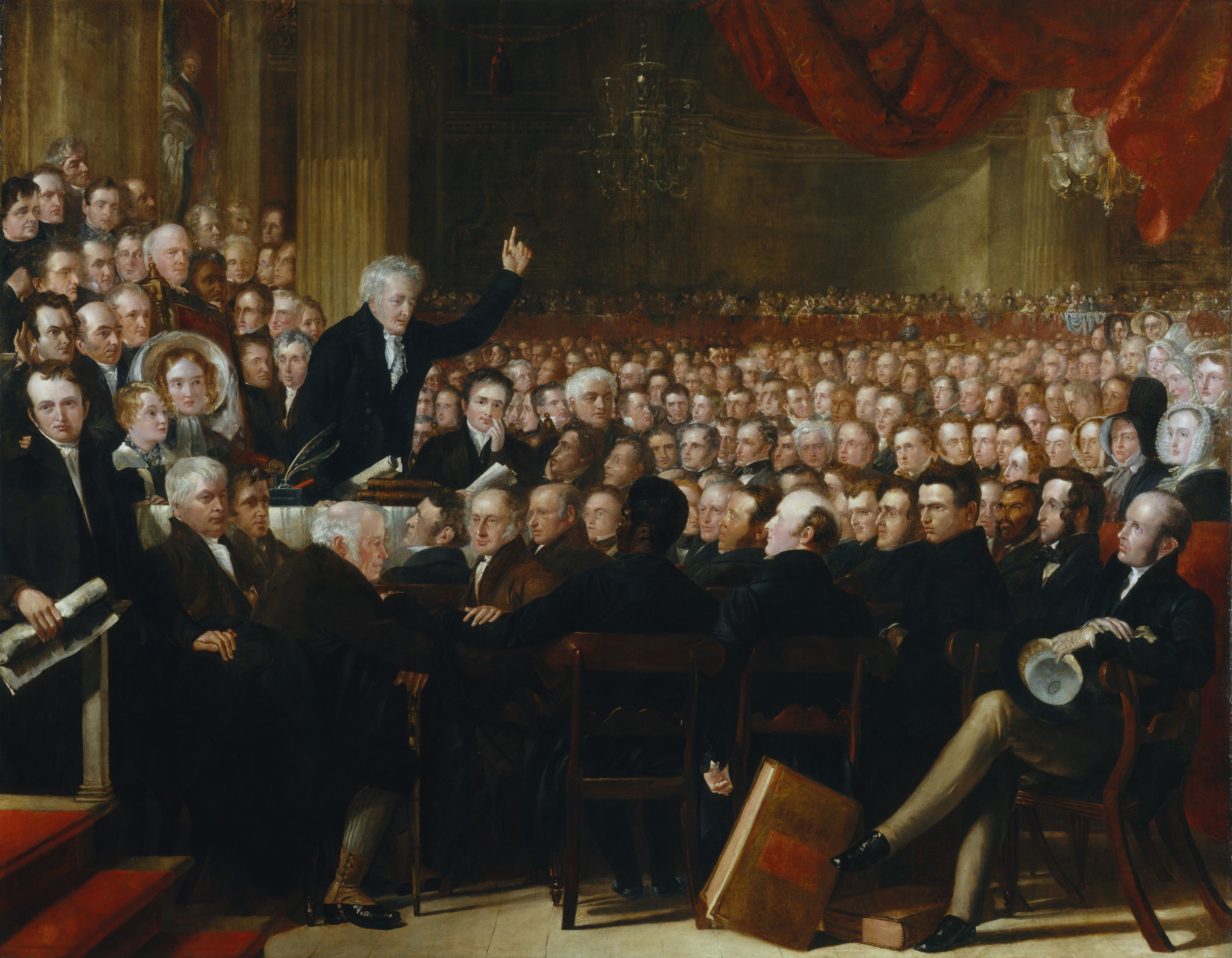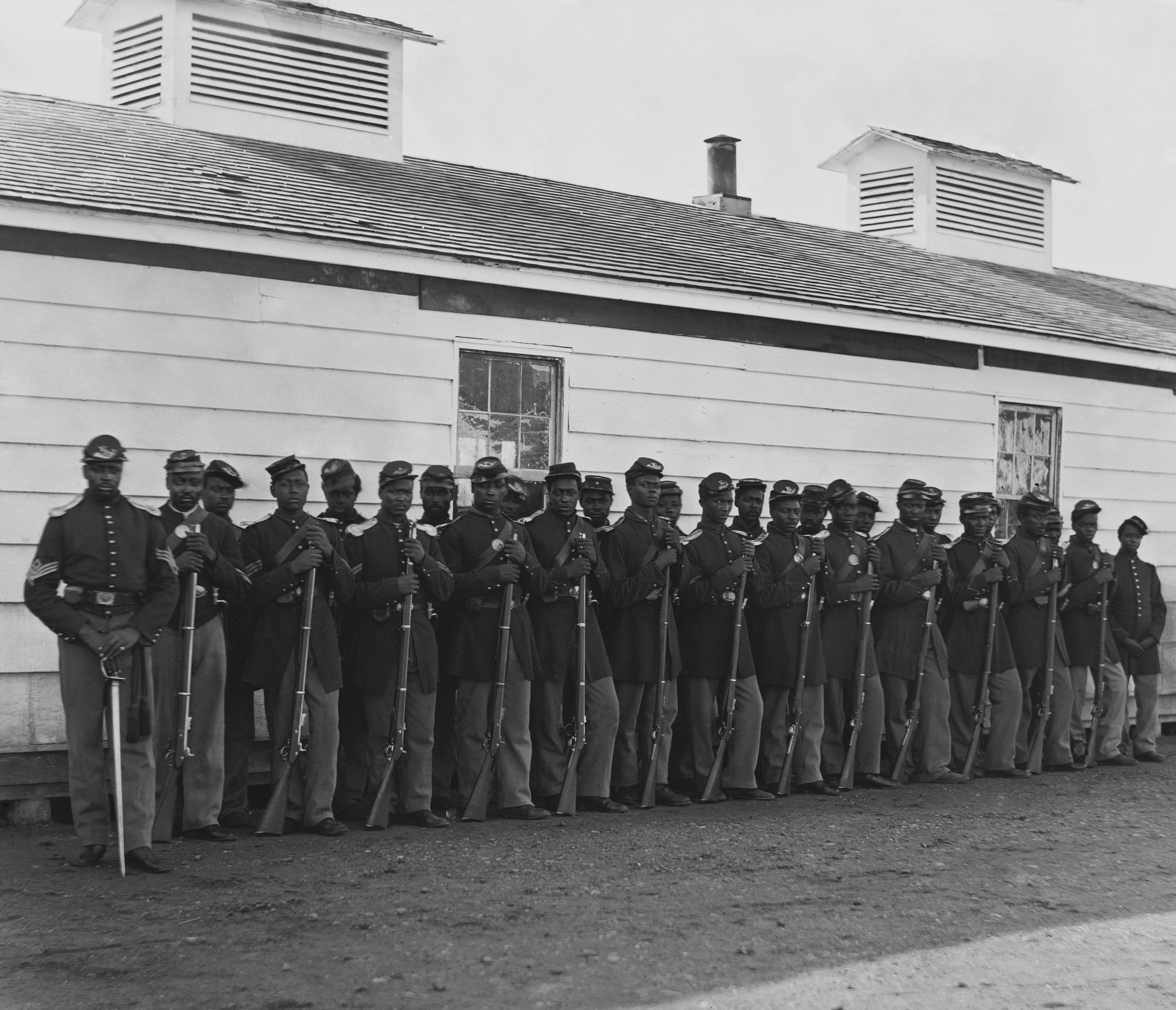Black politics begin in the United States when the United States begins, although there is no question that few people understand that today, for the obvious reason that – whether in 1790, which is the functioning beginning of the US, of Congress meeting, or in 1860, at the beginning of the Civil War – 88-90% of African Americans are enslaved and are not participating in conventional electoral politics at all.
However, what very few people know is that, of the original 13 states, 10 of them had no racial bar to voting. So, at the founding of the United States, when the Constitution was ratified, free black men voted in the large majority of those states – in small numbers, but they did vote. That’s the beginning of black politics: non-racial suffrage that they grasped onto and very quickly began to expand upon to make themselves visible. Indeed, they began to be courted by leading white politicians, even in the 1790s, where they were voting freely in places like Boston and New York City.


